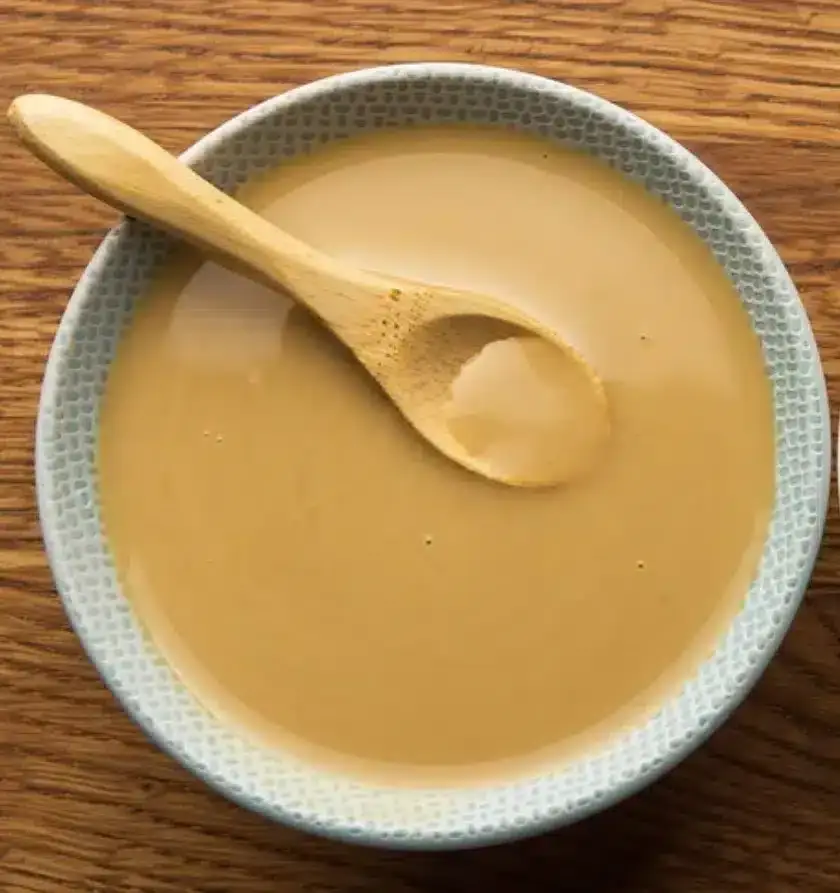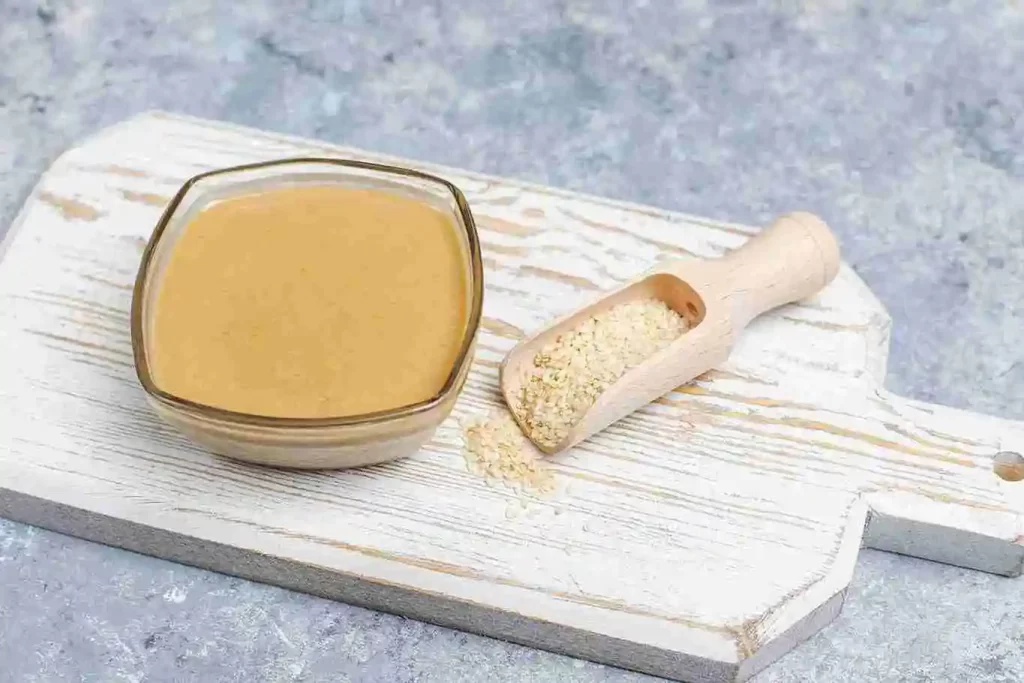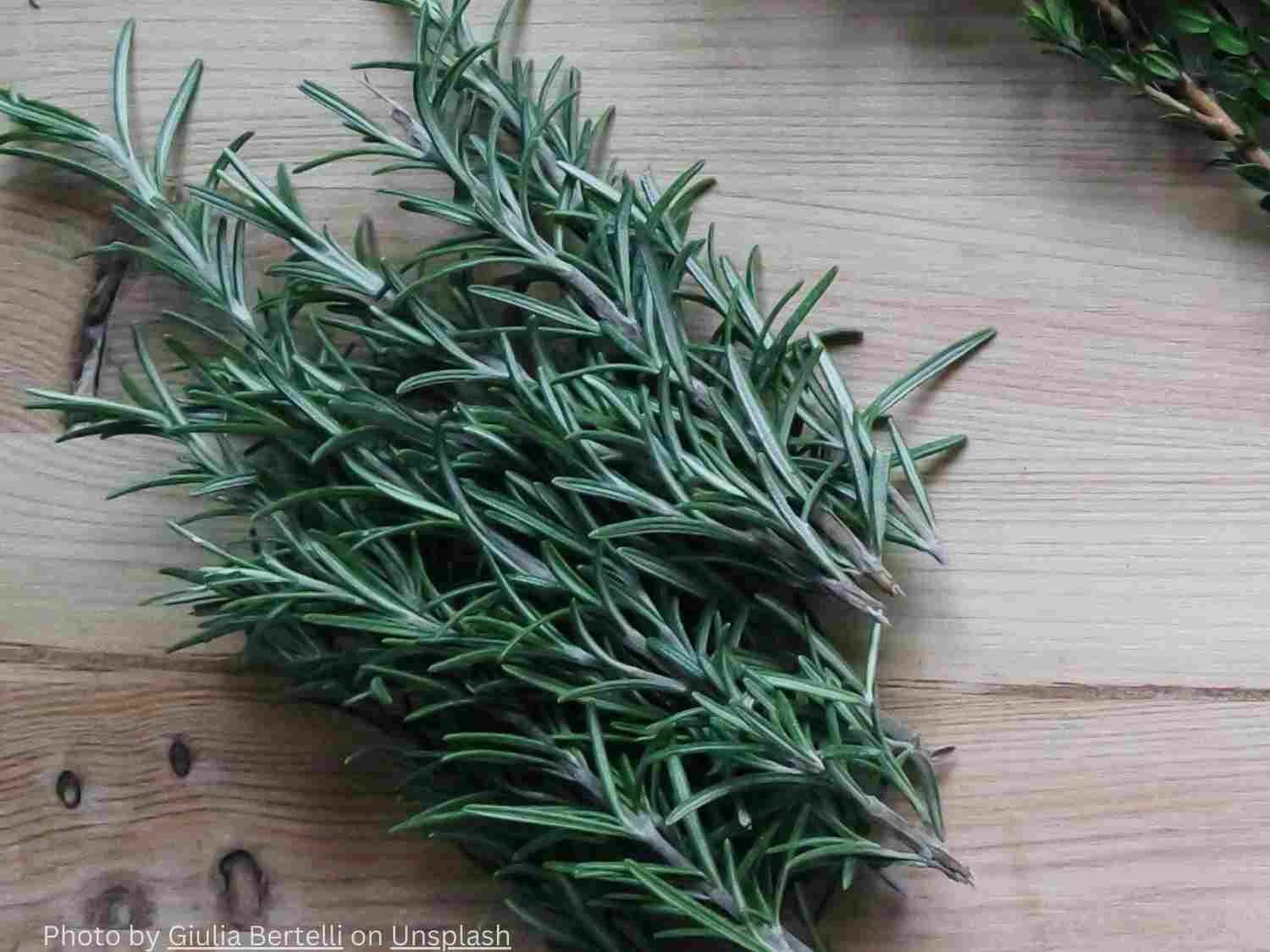

الصفحة الرئيسية » Health » Top health benefits of tahini and hidden risks you should know
Table of Contents
Tahini is a thick, rich paste formed from hulled sesame seed grits, widely used in Middle Eastern cuisine and gaining popularity worldwide due to its pleasant, nutty flavor and overall nutritional content. This component is not only used to make hummus and baba ghanoush, but it is also very healthy, as noted in this article. We’ll explore the health tahini benefits of tahini and when it might be best to limit your intake.
What Is Tahini, and Why Is It Popular
Tahini is a paste produced from sesame seeds, known for its creamy paste and smooth flavor. It is commonly popular in Mediterranean and Middle Eastern cuisines. To make tahini involves roasted the sesame seeds first to enhance the flavor before mashed into a paste. This seemingly basic item is useful in a variety of dishes due to its high concentration of healthy fats, vitamins, and minerals.
If not handled carefully, tahini can become a savory snack when mixed with vegetables or whole-grain bread. Because of its versatility, it may also be used as a marinade for salads, concentration dips, or spreads made with over-mayonnaise, enhancing the flavor and nutritional content of any cuisine.
What Does It Taste Like?
You could be surprised if you expected the tahini to be sweet or have a strong nut flavor. Unlike peanut or almond butter, tahini has an earthy, unsweet flavor as well as a slight bitter taste. It has a particular flavor that is both rich and slightly increased when mixed with sweet or sour ingredients. Tahini’s rich flavor enhances both savory and sweet recipes.

How to Make Tahini at Home?
Making Sesame at home requires little effort. Here’s few steps.
- Cook sesame seeds in a pan over medium heat until they turn golden brown.
- Blend the brown seeds until smooth, adding a few drops of oil as needed for a creamy consistency.
- Store the tahini in an airtight container.
That’s all! It is worth noting that homemade tahini is typically more flavorful and fresher than commercialized versions.
Top Health Benefits of Tahini
Tahini’s nutrient composition provides many health benefits, which transforms it into more than just a tasty supplement. The following are specific ways that tahini can benefit your health.
- Sesame contains a high concentration of vitamins and minerals. Tahini’s useful high fat content, particularly monounsaturated fat, oils cholesterol-bearing arteries, improving heart function.
- Sesame’s antioxidant properties may possibly reduce inflammation and improve immunological function.
- It has an antioxidant properties for the skin, the sesame seed oil contained, helped in preventing the appearance of wrinkles and increase moisturizing.
- The tahini contain sesame seeds and it is a good source of fat for the body.
- It used as a remedy for gingivitis and mouth ulcers and that by placing a layer of tahini on the gums on the ulcer site.
- It used to get rid of boils by adding a little on a cotton ball on the abscess site.
- Because it contains magnesium, it works significantly lower blood pressure, and plays an important role in maintaining heart health.
- It prevents atherosclerosis because it contains Sesamol. (to refer to Wikipedia link) Sesamol – Wikipedia
- It protects against DNA damage when exposed to radiation thanks to sesamol again.
- It is a remedy used for constipation because it has some useful oils that active the colons.
- Magnesium contained in sesame seeds benefits patients with respiratory system and prevents asthma by preventing bronchial spasms.
Possible Risks of Eating Too Much Tahini
Sesame seed paste’s flavors and textures are unique and versatile, but there are some possible negative aspects. The following are potential concerns to consider:
High-Caloric Effects: Tahini is high in calories due to extra fats. If you are trying to restrict your calorie intake, some measure needs to be taken to control the amount of food.
Allergy Risk: Sesame seeds like the majority of seeds or nuts can cause allergy in some people. It is important to note emergencies if tahini is being taken for the first time.
Oxalates: Sesame seeds contain oxalates, which intake may contribute to the formation of kidney stones. For people with a prone of kidney stones, consult your doctor before adding tahini to your diet.
Conclusion
Sesame seed paste is more than a food; it offers significant health benefits. Tahini has a variety of health benefits, including helping to preserve heart, bone health, and having anticancer properties. Although tahini contains multiple allergens and should be used carefully, the good news is that its strong nutty flavor, combined with other benefits, makes it important in both sweet and salty meals. Using tahini in your food creates a tasty and healthful snack that improves overall health.


